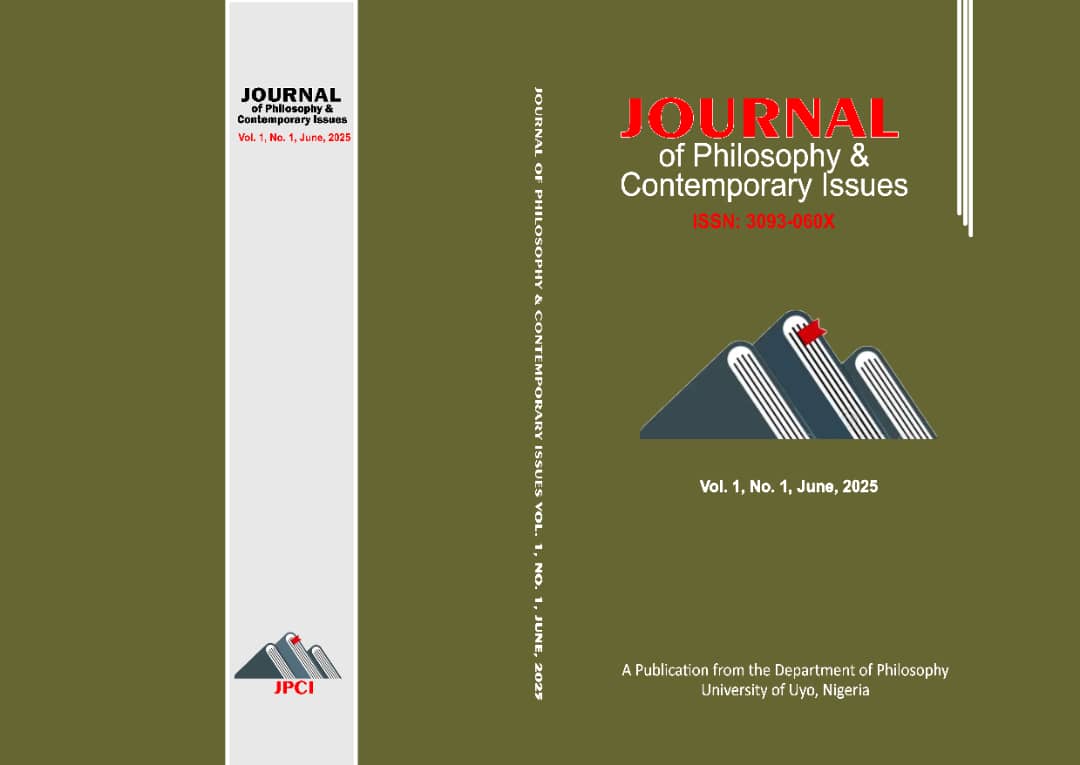BEYOND ELECTORALISM: A CRITIQUE OF SCHUMPETER’S DEMOCRATIC THEORY AND THE CASE FOR OHACRACY
Cornelius Ugochukwu Ndubuisi 1
Jude Emeka Odoh 2
Jetty Joe Odey 3
Department of Philosophy, University of Nigeria, Nsukka, Nigeria 1 & 3
State University of Medical and Applied Sciences, Igbo-Eno, Enugu State, Nigeria 2
Corresponding Email: jettyjoeodey@gmail.com 3
Abstract
The aim of this paper is to critique Schumpeter’s democratic theory in order to explore an alternative to his theory of democracy. Schumpeter conceptualizes democracy as the institutional arrangement for arriving at political decisions in which individuals acquire the power to decide by means of a competitive struggle for the people’s vote. This description of classical democracy by Schumpeter is hinged on his argument that classical construal of democracy as a democratic institutional arrangement for arriving at political decisions which realizes the common good is fraught with numerous assumptions that are indefensible. Schumpeter insists that there do not exist a common good that all can be brought to see via rational argument, as even those with good intentions can disagree on what is best for society. Employing the combined methods of exposition and thematic content analysis (TCA), this paper finds out that Schumpeter’s theory, on further analysis has some weaknesses. This work is necessary because Schumpeter’s model has been influential but has not been adequately challenged from non western framework. Thus, this paper holds that an alternative to both Schumpeter’s modern form of democracy and classical form of democracy is the Igbo participatory form of government referred to as Ohacracy. It remains a better option, as a form of government, to ensuring human flourishing.
Keywords: Ohacracy, Participatory, Democracy, Will, Common Good.


